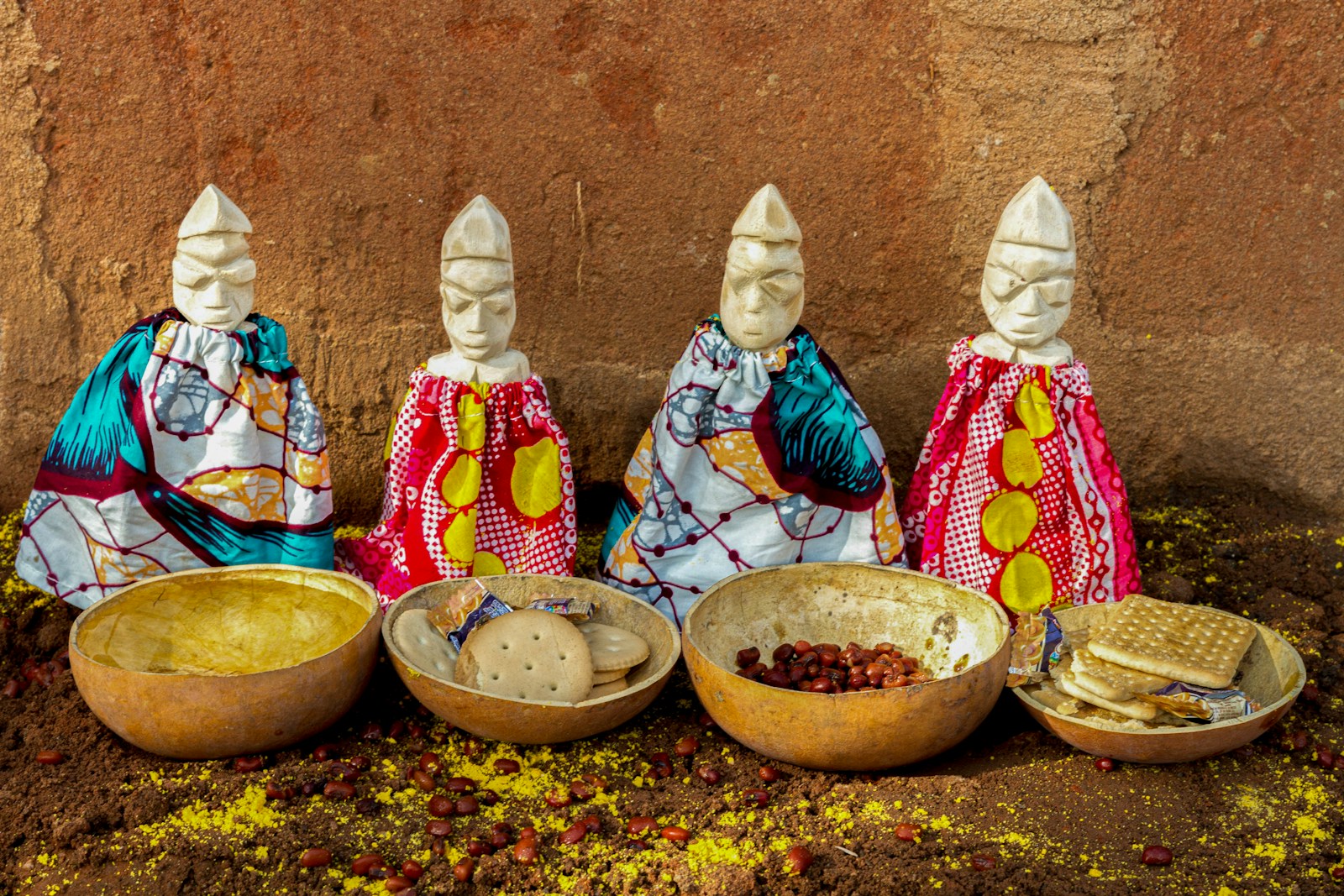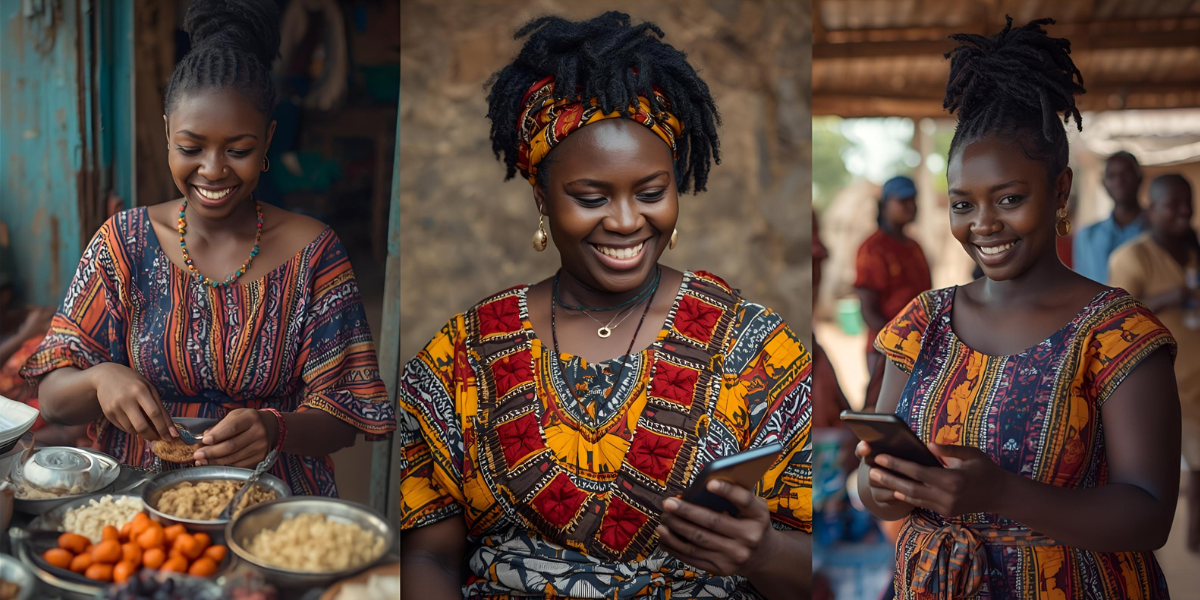South Africa’s Pivotal Role in the G20 in 2025
In 2025, South Africa will make history by assuming the G20 presidency. As the first African nation to hold this prestigious position, South Africa will play a crucial role in steering global discussions on pressing issues such as economic recovery, climate change, and international trade. The G20 summit, which gathers the world’s major economies, serves as a platform to address critical global challenges, and South Africa’s leadership promises to bring a fresh perspective to the table.
South Africa’s presidency comes at a time when global diplomacy is being tested like never before. With shifting geopolitical dynamics, rising economic challenges, and an urgent need for international cooperation on climate change, South Africa has an opportunity to position itself as a global diplomatic leader. While South Africa’s domestic challenges remain considerable, its role in the G20 gives the country a chance to elevate the voices of developing economies, making it a pivotal moment in the world’s diplomatic landscape.
The Significance of South Africa’s G20 Presidency
The G20 presidency is not only a symbol of recognition but also a platform for South Africa to advance its strategic interests and advocate for policies that promote global stability and fairness. As a member of the Global South, South Africa brings a unique perspective to the table—one that reflects the economic and political realities of emerging economies.
One of the key priorities for South Africa’s presidency will be tackling economic inequality. The world is facing stark disparities in wealth and opportunity, both within countries and between regions. South Africa, with its own challenges of high unemployment and poverty, will work to ensure that economic policies developed within the G20 framework address these issues. This could include advocating for more inclusive growth strategies and ensuring that international financial systems work in a way that benefits all nations, not just the wealthiest.
Beyond economic equality, South Africa will also emphasize the importance of sustainable development. With the pressing issue of climate change threatening the stability of the planet, South Africa will work to ensure that the G20 summit pushes for more ambitious climate goals, particularly for emerging economies that face unique challenges in transitioning to greener energy sources.
U.S. Participation: A Critical Element of South Africa’s Presidency
A major concern surrounding South Africa’s G20 presidency is the level of participation from the United States. In past summits, the U.S. has sometimes reduced its involvement, raising questions about the country’s commitment to multilateral cooperation. Given the global influence of the U.S. economy, its role in discussions on trade, climate change, and economic recovery will be pivotal.
However, Alvin Botes, South Africa’s Deputy Minister of International Relations and Cooperation, remains optimistic that the U.S. will engage actively in the G20 under South Africa’s leadership. Despite some previous absences of key U.S. officials, Botes believes that the urgency of global challenges such as the climate crisis, post-pandemic economic recovery, and geopolitical tensions will compel the U.S. to remain involved.
The U.S. participation in the G20 will be essential not only to achieving meaningful progress on key issues but also in ensuring that the outcomes of the summit are globally relevant. South Africa will need to balance the interests of the U.S. with those of other powerful G20 members, such as China, India, and the European Union, to build consensus on key global issues.
Key Issues on the Agenda for 2025
The 2025 G20 summit will address a wide range of issues, but several key topics are expected to dominate the agenda. Among these, economic recovery will be one of the most pressing issues. As the world continues to recover from the COVID-19 pandemic, G20 leaders will need to collaborate on strategies to stimulate economic growth, create jobs, and rebuild global trade networks. South Africa’s focus will be on ensuring that recovery plans are equitable, especially for developing countries that have been disproportionately affected by the pandemic.
Another critical issue for South Africa will be climate change. The G20 represents the world’s largest emitters of greenhouse gases, and South Africa will work to ensure that the summit results in concrete action on reducing emissions, financing climate adaptation, and supporting green energy transitions in emerging economies. South Africa is expected to advocate for a global climate deal that is fair, balanced, and achievable, with a strong emphasis on providing financial support to vulnerable nations.
International trade is another area where South Africa’s leadership will be crucial. In recent years, trade wars and protectionist policies have threatened to disrupt global supply chains and hinder economic growth. South Africa, with its experience as a champion of free trade, will advocate for the removal of trade barriers and the promotion of a fairer global trading system. This will be particularly important for developing countries that rely on open trade to boost their economies.
South Africa’s Approach to Diplomacy at the G20
South Africa’s approach to diplomacy during its G20 presidency will focus on multilateralism, cooperation, and inclusivity. The country has a strong tradition of engaging in multilateral diplomacy, particularly through its leadership role in the African Union and the United Nations. As the G20 president, South Africa will continue to emphasize the importance of global cooperation in addressing complex challenges, from climate change to economic inequality.
South Africa’s diplomatic strategy will also center on strengthening relations between developed and developing countries. With its unique position as a bridge between the Global North and South, South Africa will work to ensure that the concerns of emerging economies are given due weight in the G20 discussions. By pushing for policies that foster inclusivity, South Africa will seek to create a more balanced global economic order.
Conclusion
South Africa’s G20 presidency in 2025 presents an exciting opportunity for the country to take a leadership role in shaping global policy. With a focus on economic equality, sustainable development, and multilateral diplomacy, South Africa’s presidency could help redefine global governance and drive positive change for both developed and developing nations.
However, achieving these goals will require the full engagement of all G20 members, especially the United States. The participation of the U.S. and other key players will be critical to ensuring that the 2025 G20 summit leads to meaningful and actionable outcomes. If South Africa can successfully navigate the complexities of global diplomacy and unite the world’s major economies, it could pave the way for a more equitable and sustainable global future.
FAQs:
- What is South Africa’s role in the G20 presidency?
South Africa leads the G20 summit, promoting the concerns of both developed and developing nations in global economic discussions. - What are the main priorities for South Africa during its presidency?
South Africa will focus on economic equality, climate change, and promoting inclusive global development. - How important is U.S. participation in the 2025 G20 summit?
The U.S. is crucial for global discussions, especially in areas like trade, climate action, and economic recovery. - What challenges does South Africa face as G20 president?
South Africa will need to balance diverse global interests, particularly between developed and emerging economies. - How will South Africa’s leadership affect global diplomacy?
South Africa will advocate for fairer global policies and strengthen multilateral cooperation between the Global North and South.




